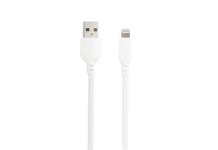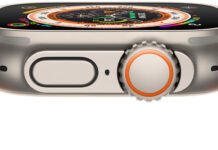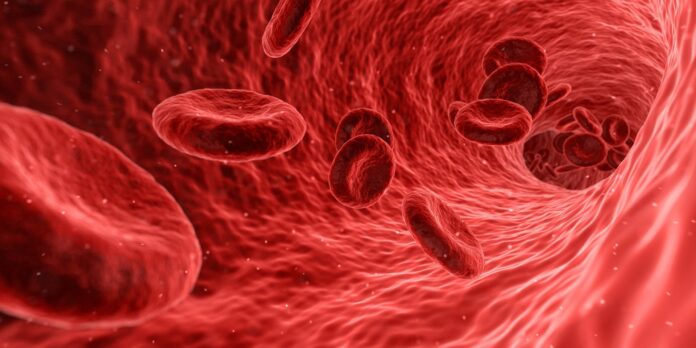The healthcare industry is constantly evolving, and with the rise of artificial intelligence, we’re seeing a major shift in the way we approach patient care. From diagnostic tools to personalized treatment plans, AI is having a significant impact on the healthcare industry. In this blog post, we’ll explore 5 ways that AI is revolutionizing healthcare.
Diagnostics and Imaging: AI-powered diagnostic tools are able to quickly and accurately analyze medical images, such as CT scans and MRI’s, to detect diseases such as cancer and heart disease. This allows for earlier detection and more effective treatment.
Personalized Medicine: By analyzing a patient’s genomic data, AI-powered systems can create personalized treatment plans that are tailored to a patient’s unique genetic makeup. This can lead to more effective treatments with fewer side effects.
Virtual Health Assistants: AI-powered virtual health assistants can help patients manage their health and make informed decisions about their care. They can provide information on symptoms, medications, and treatment options, as well as assist with scheduling appointments and ordering prescriptions.
Drug Discovery and Development: AI can be used to analyze vast amounts of data from drug trials and research studies, helping to speed up the drug development process and identify new drug targets.
Streamlining Administrative Tasks: AI can be used to automate administrative tasks such as scheduling appointments and processing insurance claims, freeing up healthcare providers to focus on patient care.
Conclusion:
Artificial intelligence is having a significant impact on the healthcare industry, and we’re just scratching the surface of what’s possible. From early disease detection to personalized medicine, AI is revolutionizing the way we approach healthcare. As technology continues to advance, we can expect to see even more breakthroughs in the years to come.




















